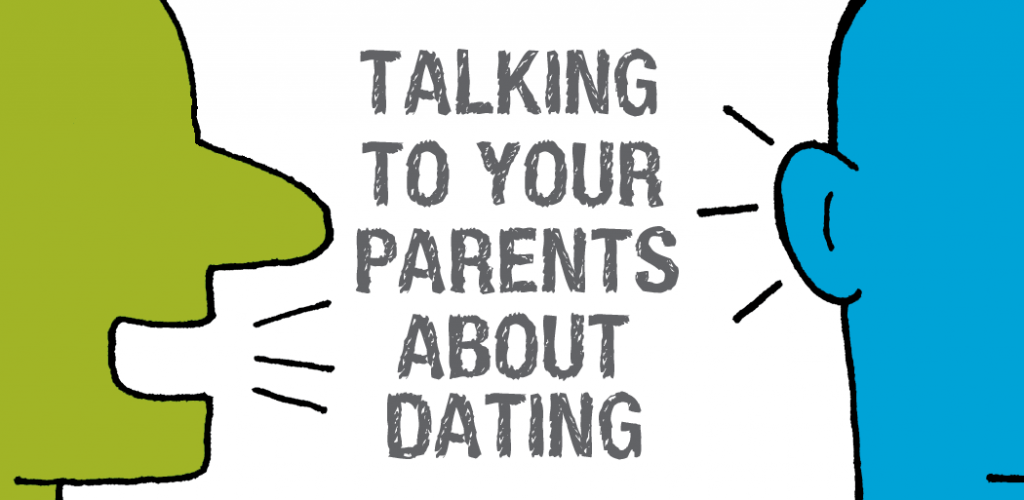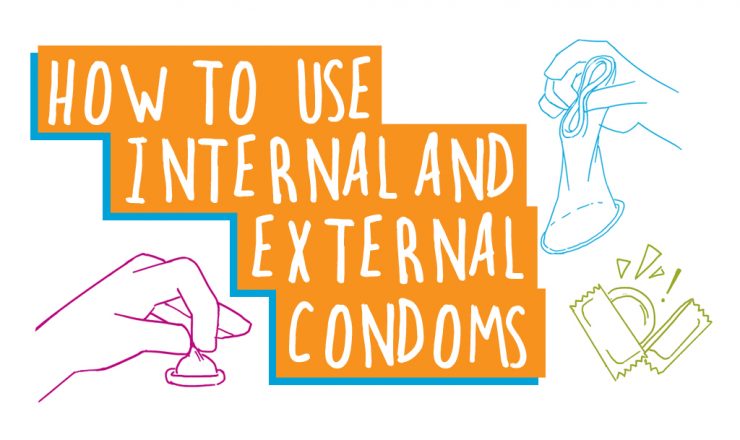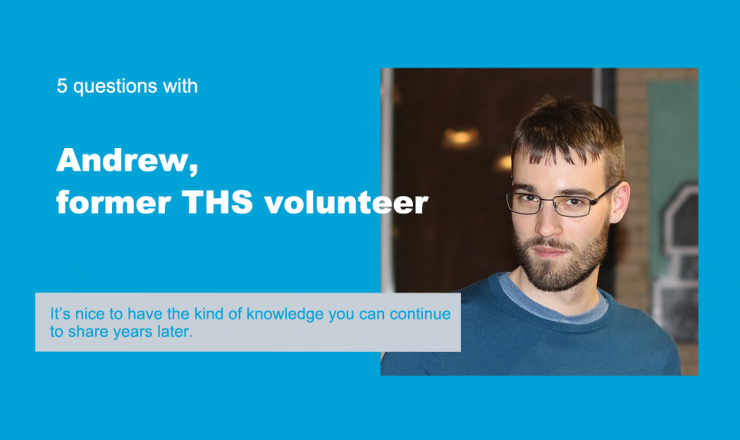

It’s normal to want to have talk about your romantic and dating life. For lots of reasons, we sometimes have to (or want to!) have these conversations with our parents. Depending on how your parents feel about you dating, these conversations can be fun, informative, scary, or awkward. Ensuring that these conversations are positive experiences can be difficult, but here are some questions to keep in mind to help make it all go more smoothly!
Note: We’re using the term “parent” to stand in for any authority figure in your life that you may be wanting to share this info with. This could include parents, guardians, grandparents, and more!
Starting a conversation about relationships with your family can be stressful, especially if you’re not sure how they’ll react. Here are some things to keep in mind when you go to bring it up with your parents:
Sometimes you can ask how your parents how they feel about dating in ways that don’t focus on YOU and YOUR dating life. Sometimes things like hearing love songs or watching romantic comedies together can be a jumping off point to ask questions about relationships. Or you can try asking them general, non-specific questions about relationships, or about their dating life when they were your age. Even if it doesn’t lead to anything, it will help make the subject seem less taboo between you, and might help you feel more comfortable and practiced at it.
If you’re really not sure how your parents will react, or if you know how they’ll react and you want to make a case for yourself, it might be helpful to do some thinking about dating ahead of time. Try talking about it with a friend, or write out your thoughts about dating and relationships so that you’re more familiar with the words and ideas. It can be hard to feel confident in a conversation when you’re thinking and saying things on the spot, and there’s nothing wrong with bringing some notes to refer to if that helps.
Sometimes the conversation might come up naturally, but most of the time you may need to just come out and say something. If you think it’ll be a big conversation, you might want to schedule a specific time for the meeting so that everyone can give their full time and attention. But if you’d rather it be more casual, you can bring it up while you’re doing things like eating a meal together or running errands. Just try to avoid times when they’re clearly focusing on something else serious. But yeah, a perfect time to bring it up might not always happen, so be prepared to bring it up yourself. Also, you don’t need to be already dating someone to talk about dating. It can happen whenever!
| What can I say? |
Here’s a few ideas of things you can say to start the conversation:
|
If talking about dating is a tense or emotional experience for you and your parents it can sometimes be hard to stay focused or level-headed throughout. Here are some things to keep in mind to help you hold down your end of the conversation:
There are some things you should be able to expect from a conversation about dating (respect, patience, etc), but some other things might not be realistic for everybody (ex: getting the car for every date, not telling your parents who you’re going out with, etc.). Going into the conversation with a sense of openness and realistic expectations can help the process feel more positive.
Remember: this doesn’t mean you have to agree with them! But trying to get a sense of where your parents are coming from (if they’re awkward or emotional) might help you better understand why they’re behaving a certain way (being strict, avoiding the topics, etc.). Again, this doesn’t make all behaviours okay, but sometimes it helps you have more patience.
If you’re going to be asking for permission to do things (like have people over in your room, go out past curfew, borrow the car, etc), it might be helpful to not expect everything right away. Sometimes parents aren’t comfortable letting their kids do all of the new things at once. Knowing what parts of dating are the most important to you and what parts you are okay waiting for can help the conversations be less big and less stressful.
You don’t have to sort out or share everything about your dating life in one conversation. Feel free to have multiple shorter, more casual conversations as things come up. Similarly, if you feel like the talk is turning into more of an argument, feel free to take a pause and come back once you’ve all calmed down. Thinking of this as an ongoing conversation rather than a one-time thing can help it feel less pressured.
| It’s not all on you! |
| You shouldn’t be the only one following the above suggestions. If you want, you can share this blog post with your parents so that they can also be more mindful of things like their emotions, compromising, etc. While this conversation is about you, you shouldn’t be the only one doing all of the emotional and practical work to have it! |
For a lot of reasons, sometimes talking to your parents about your dating life might not be constructive. Maybe they’re just going to lecture you, lay down a bunch of rules, or ask too many invasive questions. For some people this can also include dealing with homophobia, racism, or other kinds of bigotry. Especially in those cases, in addition to reaching our for help, you can also keep in mind that your parents don’t need to know everything (especially if knowing everything will put you in harm’s way). If you don’t find that talking to your parents about dating is a helpful experience, you don’t have to keep talking to them about it. Other trusted adults (family friends, teachers, neighbours) or older siblings can be good people to turn to for advice, as well as people who can watch out for your safety when it comes to your dating decisions. Letting your parents know that you’re not comfortable talking to them is fine (it’s good to know your own boundaries), but it might also be helpful to let them know if you’ve started talking with an aunt or uncle about it instead. (This is not so your parents can pump them for information, but just so they know that you’re not doing this alone.)
If you have questions about this topic, feel free to contact one of our peer educators. [Link]
Last Updated: April 2020

We here at Teen Health Source made some new condom demo guides! Learn more about our info pages and downloadable booklets for both internal and external condoms!

Did you know that Teen Health Source has been around for 25 years! To help celebrate our 25th Anniversary, we’re checking in with some of our previous volunteers. Today we’re hearing from Andrew!

When or if you lose your virginity is supposed to be a totally personal choice, but that doesn’t mean it’s always an easy one! This post will go over some ideas and strategies to help you stay true to your decision to stay a virgin.